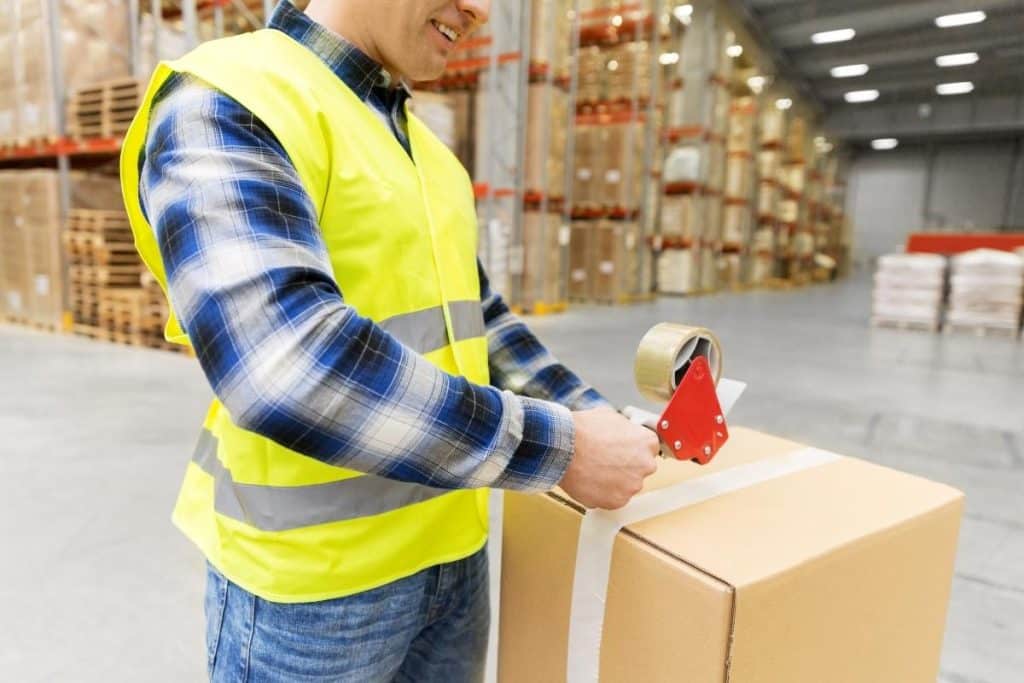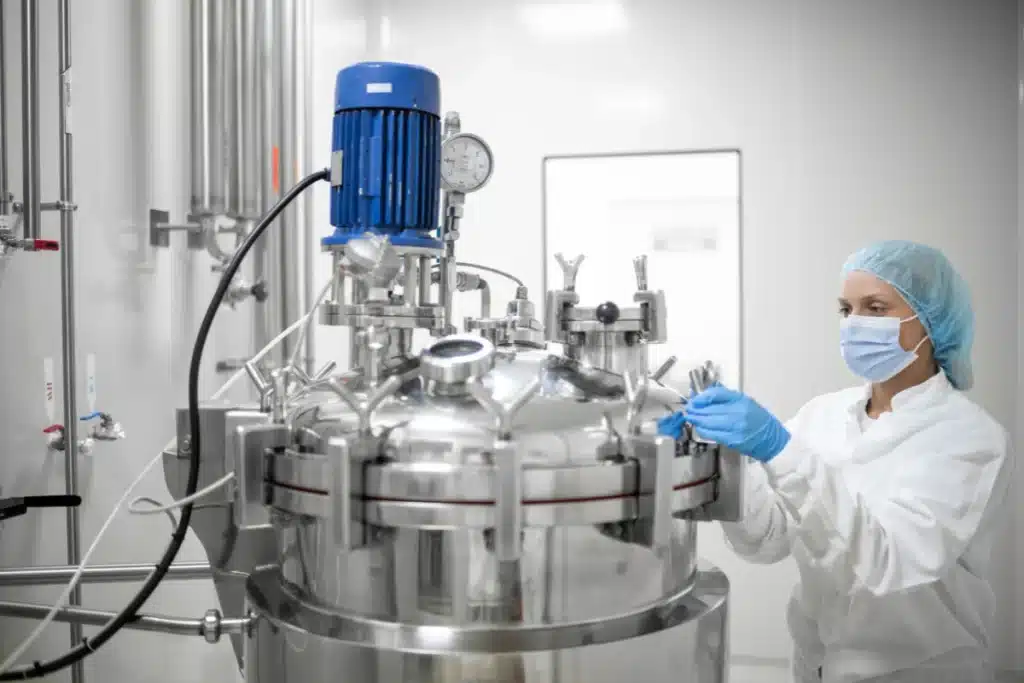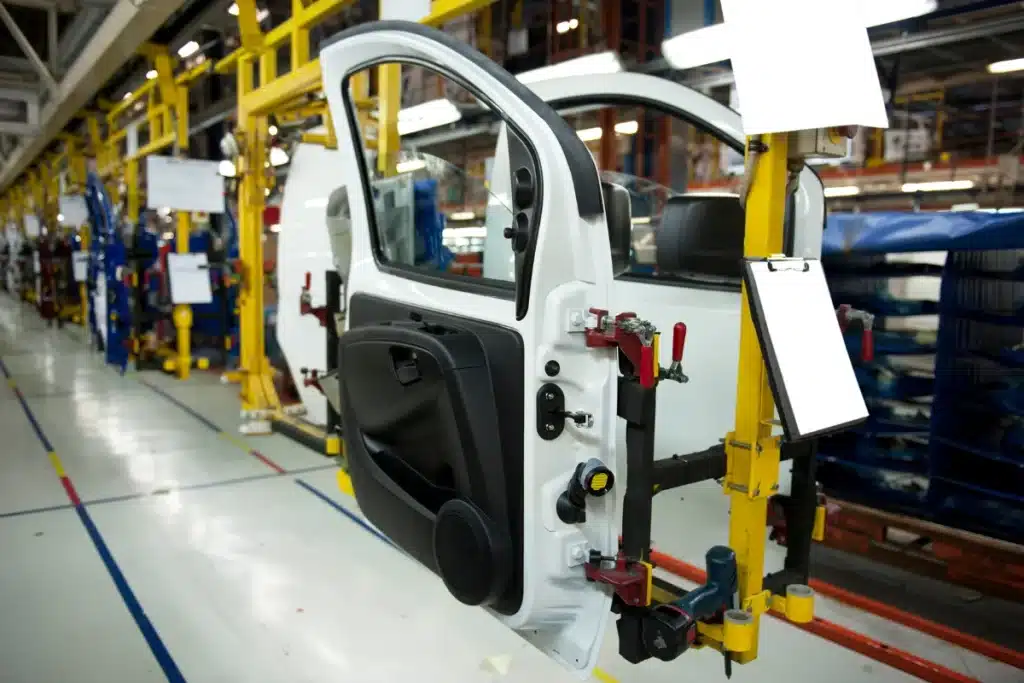Manufacturing companies deal with several processes in converting raw materials to finished products. Packing is one of them and determines what you will present and deliver to your customers. Established brands prefer having a specialized packing company, a co-packer, to help dress the product in its final selling form.
The advantages of having a co-packer include high-quality packaging, more time for core functions, and reduced packaging, logistics, and labor costs. Using enterprise resource planning, or an ERP, for co-packer management will help streamline all operations and provide exceptional advantages. Here is how an ERP system will help with co-packer management and how your organization benefits.
What is Co-Packing?
Co-packing is a subcontracting model that allows manufacturing companies to outsource the final packaging of their goods to an external team. The model is most common in the food and beverage industry, meaning the team producing the product is not the same one handling the final packaging.
Co-packing also involves modifying the product’s packaging to fit other functions. Some manufacturing firms package their goods first, then forward them to the co-packer for secondary packaging to create point-of-sale displays or bundles. Your co-packer designs the packaging, produces it, packs the product, and sometimes handles the product logistics.
What Are the Benefits of Having a Co-packer?
Cost Reduction
All businesses aim to reduce their costs in every way possible. According to Indeed, most new companies fall because of insufficient funds due to excess spending. It is not cheap to handle all your packaging needs, making it crucial to consider co-packers.
Internal product packaging is costly because of several elements, from machinery to the extra staff required. Co-packing services will help control all these costs by using their resources at a negotiated rate. It saves you all the expenses and hassle of doing the activity in-house.
Packaging Expertise
The primary role of co-packers in all manufacturing institutions is packaging, making them experts in the practice. You can also consider them packaging experts because of their modern equipment, practical tools, and skilled human resources. For premium-quality packaging services, it is time you implement a co-packing system.
Improved Efficiency
It is common for a job to look effortless when handled by experts. Contracting co-packers in your manufacturing company improves efficiency in your packaging practices mainly because of their infrastructure and level of experience.
You’d be surprised by the impact quality packaging has on your customer’s satisfaction. Co-packers guarantee to speed up the packing with fewer mistakes, improving packing efficiency. It would help to note that product packaging problems can contribute to bad publicity.
Saves on Time
The final step of production in manufacturing firms is packaging the products. Regardless of its destination, time is a significant consideration when satisfying an order. Slow packaging will negatively affect your operations, but you can use co-packers to speed up the process.
Co-packers’ staffing level and experience are enough to ensure the timely delivery of all your orders. Another notable advantage is the shipping and receiving features provided by some co-packers. They not only package your products but also make them ready for delivery.
Improved Scalability
Your manufacturing company can grow past the available infrastructure. If not careful, this success can begin your brand’s demise. Co-packers will help manage all the packaging requirements, allowing your team to focus on other core manufacturing functions. You do not need to purchase equipment or hire new staff to grow your operations.
How Does ERP Facilitate Co-Packer Management?
Supply Chain Management
ERP helps with co-packer management by controlling your supply chain network. Effective ERPs like GoldFinch ERP help optimize your entire supply chain, from suppliers to the final consumer. The system features an MRP integration to streamline your operations and provide real-time data to forecast production and packaging requirements.
Warehouse Management
The co-packing firm contracted will need accurate and real-time information on your warehouses to identify the ideal number of products to deliver. Both parties can track the inventory in the warehouses concerned and decide on the appropriate action to take. An ERP system allows you to track different facility elements like the type of storage, location capacity, and storage restrictions.
Document Management
Your ERP will also help manage all the documents involved in interactions with your co-packers. You can attach unlimited documents on all transaction types by integrating an ERP system like GoldFinch ERP in your operations. The system also encourages digital records to facilitate communication and contract formation.
Since all cloud-based ERPs emphasize centralized storage, all the involved stakeholders are assured of updated information. Your Co-packers can have instant access to the information necessary for packaging processes, reducing the need to disrupt in-house departments.
When to Consider Using a Co-packer?
Most manufacturing companies prefer using a co-packer to save on costs and improve packaging efficiency. Some firms do so because the available capacity or expertise is inadequate to fulfill their packaging needs. Here are the signs your company needs a co-packer:
- If you do not have the packaging equipment or capital to upgrade the existing ones
- If you need special packaging for needs like marketing or promotion but your team lacks the skill
- If you are entering a new market that involves bulk shipping and local packing
- If your manufacturing company cannot respond to a demand spike
- If you have downsized your packaging capacity, equipment, and staff
It would help to avoid turning to a co-packer if the need is unclear and you are reluctant to outsource the packaging function. Instead, find an in-house solution like increasing capacity and hiring packaging specialists.
Before including co-packers in your operations, you should pay more attention to your business’s specific needs and capabilities. Including an effective ERP solution will also help with co-packer management and other packaging functions.
Conclusion
Although you do not need an ERP system to consider co-packing, integrating it into your operations brings additional benefits. You will get to streamline all manufacturing and production processes while maintaining a solid relationship with the involved stakeholders. It would help to consider GoldFinch ERP for discrete, premium manufacturing.



